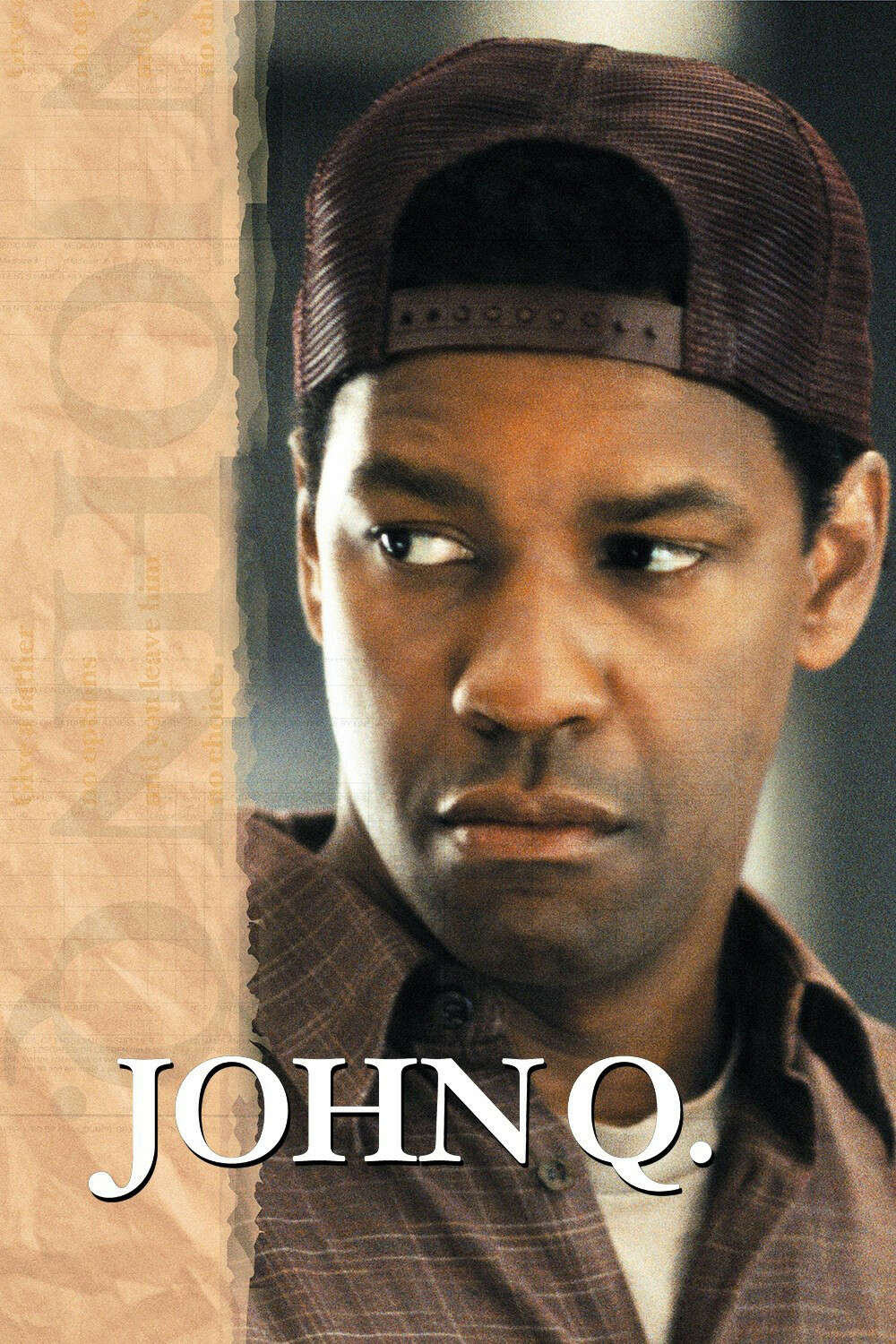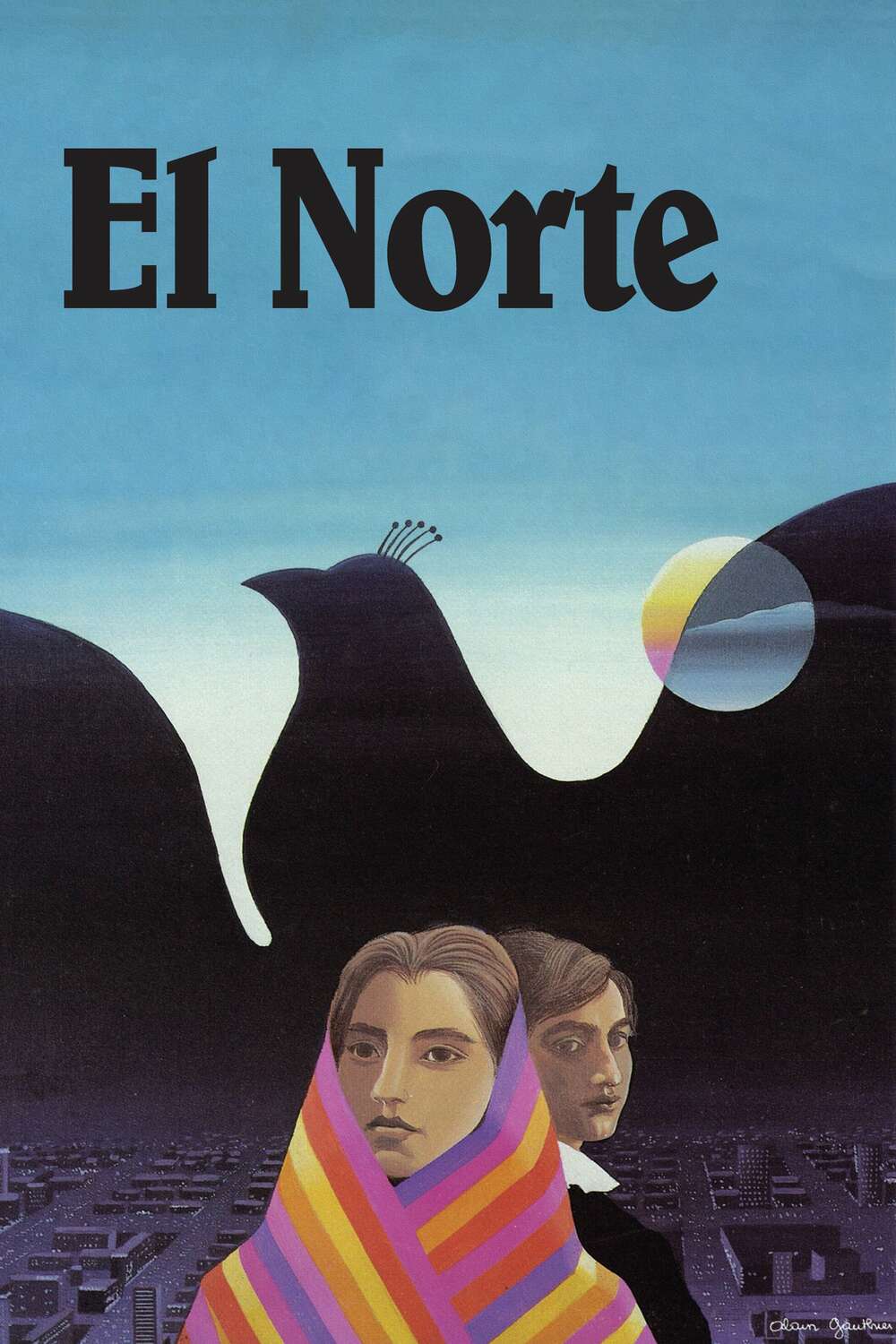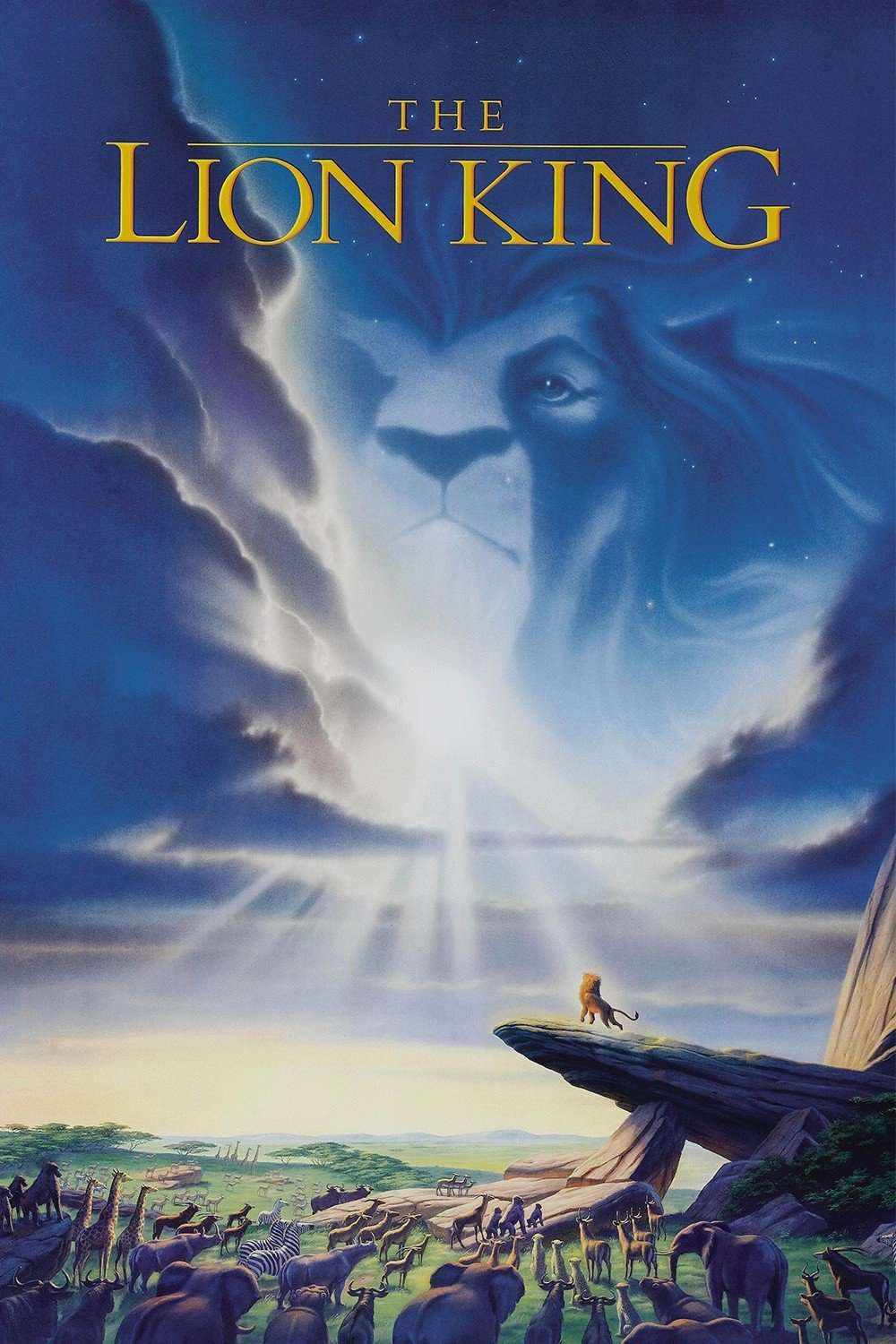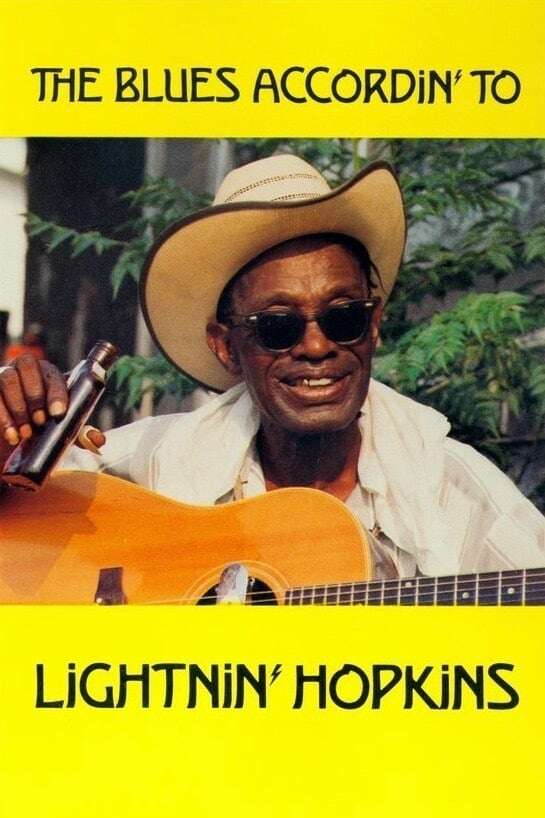In the current times of genocide and migrant hysteria, I thought it was time to re-visit a film that deals with the United States government's role in both. El Norte is an epic film that is told about the trials and tribulations of two
Kʼicheʼ Mayan siblings named Rosa and Enrique Xuncax caught up in
the U. S.- backed genocide of the Mayan population in Guatemala that occurred during the
Guatemalan Civil War and make their way through Mexico to the United States. This is a tough film to watch, but a necessary one to show truth and perseverance of humanity in dark and hopeless times. This is one of the first films to make extensive use of magical realism and one of the first films to use Samuel Barber's Adagio for Strings in its soundtrack.
I think this is the first narrative feature film to document a genocide while it was ongoing (and being funded by the United States). The first act of this three-act film looks at this Kʼicheʼ Mayan village called San Pedro as it is being destroyed during the Guatemalan Genocide. The daily life of the people living there and the their exploitation by wealthy planters is sown before we quickly see horrors of the genocide with magical realism playing a big role in telling the story of what is going on. It is ironic that some of the most beautiful imagery of the film is shown in this part. Because the actual place where the first act of the film takes place was undergoing the actual genocide, much of this film was shot in Southern California with some shots in Mexico until hostile locals and government agents of Mexico's then-PRI dictatorship forced the production out of Mexico. One benefit of moving production to Southern California was being able to use actual Mayan refugees as supporting cast and extras. The characters of Don Ramon and the mysterious twins represent Mayan deities to Enrique and Rosa, respectively in very interesting ways.
The second act details Rosa and Enrique's journey through Mexico to the United States and it is based on the story from Mayan folklore of the "hero twins" Hunahpú & Xbalanqué from the Mayan text Popol Vuh. They stay in an immigrant shanty town in the boarder city of Tijuana, Mexico which is directly south of San Diego, California. Though the siblings encounter various forms of anti-Indigenous prejudice in Mexico, it is not on the level of literal genocidal hate that they encountered in their own country (but this particular form of mestizo anti-Indigenous racism will remain a constant in this film and his something rarely highlighted in films about Latin America that are made for gringos). Luckily, there are also mestizos who help them—no matter how cynical they are about it. We see the first of that here when we meet a Mexican truck driver who takes them halfway through the country and we will see that again when we meet Don Ramon's friend who helps them get across the boarder. With all the horrors we witnessed in act one, it is here in act 2 that the most intense and dramatic scene in the movie takes place and we have the tunnel crawl from hell (I won't spoil it anymore than that, but it would have grave consequences for the remainder of the movie). One other thing two note is that many of the "coyotes" (the name for fixers and smugglers that help people across the boarder) and refugees we see in this part of the film are real and it adds a neorealism to this magical-realist film. If the film had ended here it would be the beautiful ending of many a Hollywood film of human perseverance, but Nava wants to make a film that shocks his audience into action not comfort them.
In act 3 we are in Los Angeles, California. We now see Rosa and Enrique set-up in a motel for undocumented immigrants ran by a Mexican called Monte Bravo played by the late-Trinidad Silva (the second time he has played a critical supporting role in a movie about migrants). As the Xuncax siblings settle into life in Los Angeles, they take English classes and hustle from the ground-up. Rosa starts in a sweat shop and makes a friend who gets her a job in as a domestic after Immigration agents raid the sweat shop. Enrique works as a busboy until an envious Chicano co-worker calls immigration and he nearly gets caught. Meanwhile, Monte gets Enrique a job offer for good money in Chicago and Rosa's journey to across the boarder catches-up with her...
"To the rich, the peasant is just a pair of strong arms." That is said by Rosa & Enrique's father at the beginning of the film, and it is book ended at the end of the movie. The tragic tale of Rosa and Enrique is the modern Grapes of Wrath. It is a much more pessimistic film than that earlier film of migrant workers. In El Norte, the chances for good things to happen are available if people try to make the choice. It is tragic that while people do make good choices in regard to the Xuncax siblings, it's not enough. But I suppose the best the audience can do is think back to the end of act 2 when our protagonists emerge from the abandon tunnel and look out at the San Diego skyline with Mahler's 4th symphony playing in the background and take that one clear win in a movie about losses. Folks need that moment of victory to give them a reason to keep going. We certainly all need that now.





.png)
